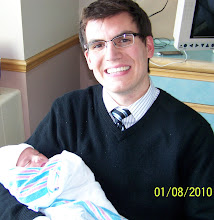- Discuss one of the three traditional classes of argument for theism: The Ontological Argument, the Cosmological argument, and the Teleological Argument. In your discussion present at least two forms of the argument-- a classical form and a contemporary form. The latter may be a version of your own invention, but it should be the best version you know of. Evaluate the argument. Discuss the issue of whether the traditional arguments have any use for religion as a practice.
- Present the argument that infallible foreknowledge seems to entail the non-existence of human free will. Give at least three traditional compatibilist solutions to the problem and briefly evaluate them. Present your own evaluation of the argument.
- What is meant by religious exclusivism? What is meant by religious inclusivism? Distinguish inclusivism/exclusivism about truth and inclusivism/exclusivism about salvation. Explain the theory of religious diversity John Hick calls pluralism. How is it meant to circumvent the unappealing aspects of both exclusivism and inclusivism about the truth of different religions? How well does Hick succeed? Discuss some of the objections raised to Hick’s theory.
- Distinguish the logical and evidential problems of evil. Carefully explain the most compelling version of the Free Will defense. Discuss the prospects for a version of this response as a plausible way out of both problems.
Cheers,
